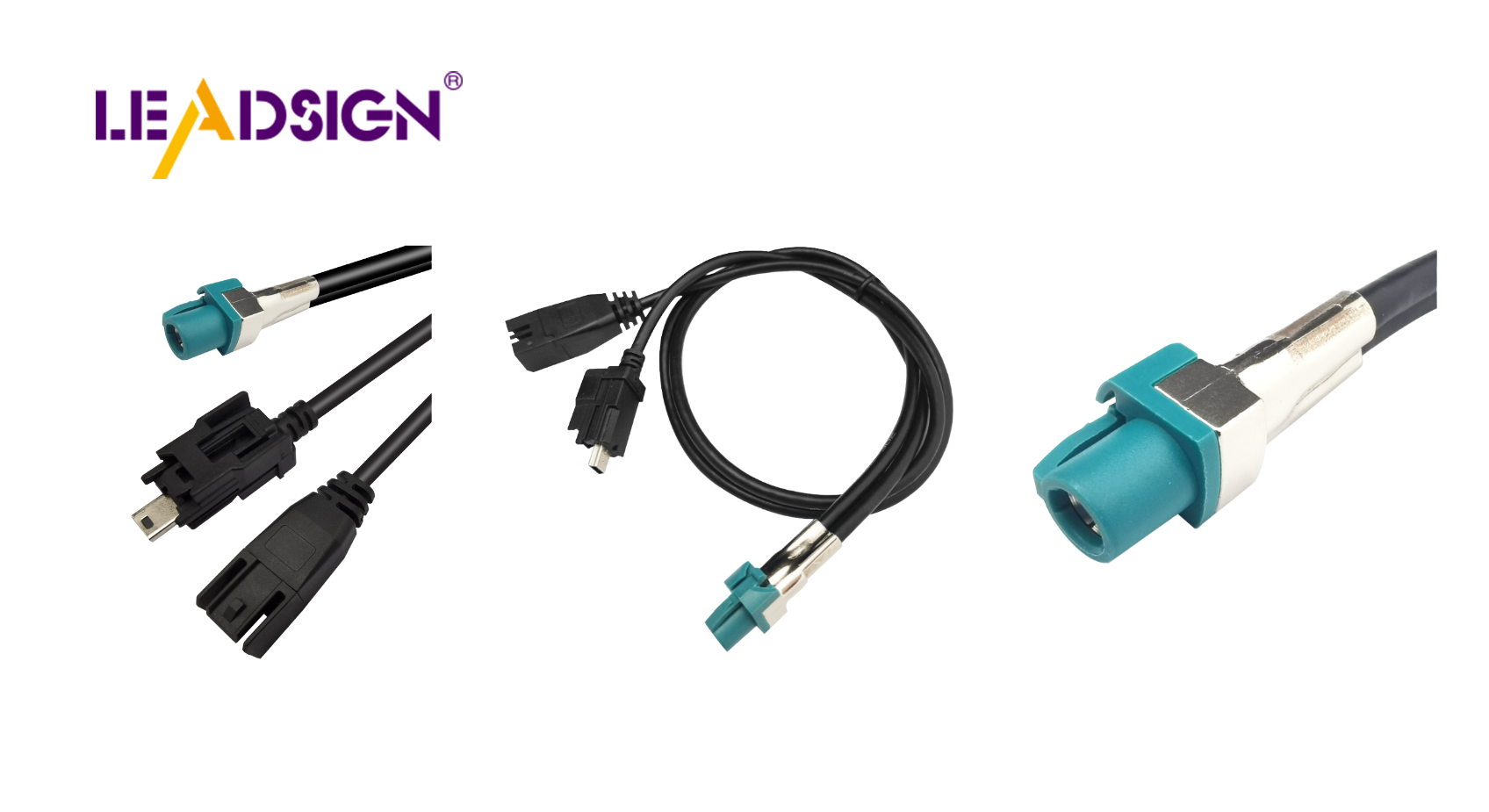Comparing Automotive Wiring Connector Types

Automotive electrical connectors types are crucial in car systems. They facilitate proper connections between components. There are various types of automotive electrical connectors, each serving a specific purpose. Comparing and understanding these connector types is essential for selecting the most suitable one for specific requirements. This knowledge enhances the performance and safety of car systems, enabling individuals to make informed decisions when choosing connectors for their vehicles.
Overview of Car Wiring Connectors
What Are Wiring Connectors?
Wiring connectors are key parts in car systems. They link circuits so electricity can move between car parts. These connectors have different shapes and sizes for specific uses. They keep connections tight, helping cars work well. wiring connectors are key
Why Are They Important?
In cars, wiring connectors are very important. They make sure electric signals go where they need to without stopping. This is vital for things like lights, engine control, and radios. Without good connectors, these might not work right, causing safety risks.
Materials Used
Plastic Connectors
Plastic connectors are common in cars. They're light and don't rust easily. They're cheap and useful for many things. These connectors handle tough weather, so they're used all over a car.
Metal Connectors
Metal connectors are strong and last long. They're used where it's hot or there's lots of stress. Metals like copper and aluminum conduct electricity well. Metal connectors keep connections safe in hard conditions, making cars safer.
Types of Car Electrical Connectors
Car electrical connectors are important for cars to work well. Each type has a special job and features. Knowing them helps pick the right one for car needs.
Blade Connectors
What They Are Like
Blade connectors, also called spade connectors, have a flat metal piece. This shape makes it easy to fit into a slot. They hold tight and come in different sizes for various wires. Copper or brass is used because they carry electricity well.
Where They're Used
Blade connectors are used where quick unplugging is needed. You find them in car radios, lights, and other parts. They're easy to use, perfect for when you need to fix or change things often.
Pin Connectors
What They Are Like
Pin connectors have a round pin that fits in a socket. They give strong connections and are used where space is tight. There are single-pin and multi-pin types. The materials make them last long and resist weather changes.
Where They're Used
Pin connectors are common in car systems needing exact fits. They're found in engine controls, sensors, and key parts. Their design keeps connections steady even with shakes or heat changes.
Butt Connectors
What They Are Like
Butt connectors link two wires end-to-end smoothly. They look like cylinders and often have covers to stop shorts. Different sizes match different wires for a snug fit.
Where They're Used
Butt connectors fix or extend wires in cars easily. They're used in wire bundles, lights, and repairs. Their simple style makes them great for quick wire fixes.
Ring Connectors
Features and Specifications
Ring connectors are important in car wiring. They have a round metal ring with a hole. This lets them fit tightly on a bolt or screw. The ring shape keeps the connection steady, even if the car shakes. Copper or brass is used because they carry electricity well and last long. These connectors come in different sizes to fit various bolts and wires.
Common Applications
Ring connectors are used a lot in cars. They are great for grounding, which needs strong connections. Mechanics use them on battery ends to link the battery to the car's electric system. They also connect wires to car parts like engines. Their strong build works well where there is lots of shaking, like near engines, keeping things safe and working right.
Factors to Think About When Picking Connectors
When picking car electrical connectors, many things matter. These help make sure the connectors fit the car's needs. Knowing these helps you choose wisely.
Weather Conditions
Heat Resistance
Car connectors must handle different temperatures. Cars work in hot and cold places. Connectors should stay strong in all weather. What they're made of affects heat resistance. Metal ones usually handle heat better than plastic ones.
Water Resistance
Water can harm car connectors a lot. It might cause rust or shorts. So, picking water-resistant connectors is key. Sealed ones keep water out, working well even when wet.
Power Needs
Current Limit
The current limit shows how much power a connector can take safely. Picking the right one stops it from getting too hot or breaking. Match the connector's limit with what it will carry.
Voltage Limit
Voltage limit is also important for car connectors. It tells how much voltage they can handle without breaking down. Matching this with the car's system keeps things safe and working well.
Strength Needs
Toughness
Toughness matters for car connectors a lot. They must stand up to shakes and hits while driving. Strong ones don't break easily, keeping the car's system reliable.
Easy to Fit In
Easy fitting is key when choosing car connectors too. Simple-to-fit ones save time and stop mistakes during setup. Clear labels and good design help make fitting easy.
By thinking about these things, people pick the best car connectors for their cars, ensuring they work well, are safe, and last long.
Car connectors are very important for cars to work well. The blog talked about different types like blade, pin, butt, and ring connectors. Each type has special uses and features. Picking the right connector keeps cars safe and running well. Think about weather, power needs, and strength when choosing connectors. If you want to learn more, look for other resources to understand car connectors better.
See Also
Exploring HSD Connector Essentials in Auto Manufacturing
Discovering Advantages of Fakra Auto Connectors
Significance of Fakra Auto Connectors in Today's Cars

